|
Issue #1 is finally here!
|
It’s been a long time since we decided to start a newsletter about greening the web and if I am being honest, we weren’t sure that anyone would be interested. It was a nice surprise for us when we realised that quite a lot of you had signed up via the discreet form at the bottom of the Wholegrain Digital website. So, thank you for signing up!
Now it is our turn to deliver. We have named this newsletter Curiously Green, for those who are curious about the many aspects of greening the web. It will be published monthly moving forwards, featuring news and opinion on various aspects of the green web, mixing the practical with the philosophical.
We want Curiously Green to be a collaborative project, so please do tell us what you’d like from future issues, send us ideas to include, and engage in conversation with us about the topics covered. You can contact us simply by hitting reply to this email or tweeting us @eatwholegrain.
– Tom Greenwood |
|
|
Top picks from the green web
|
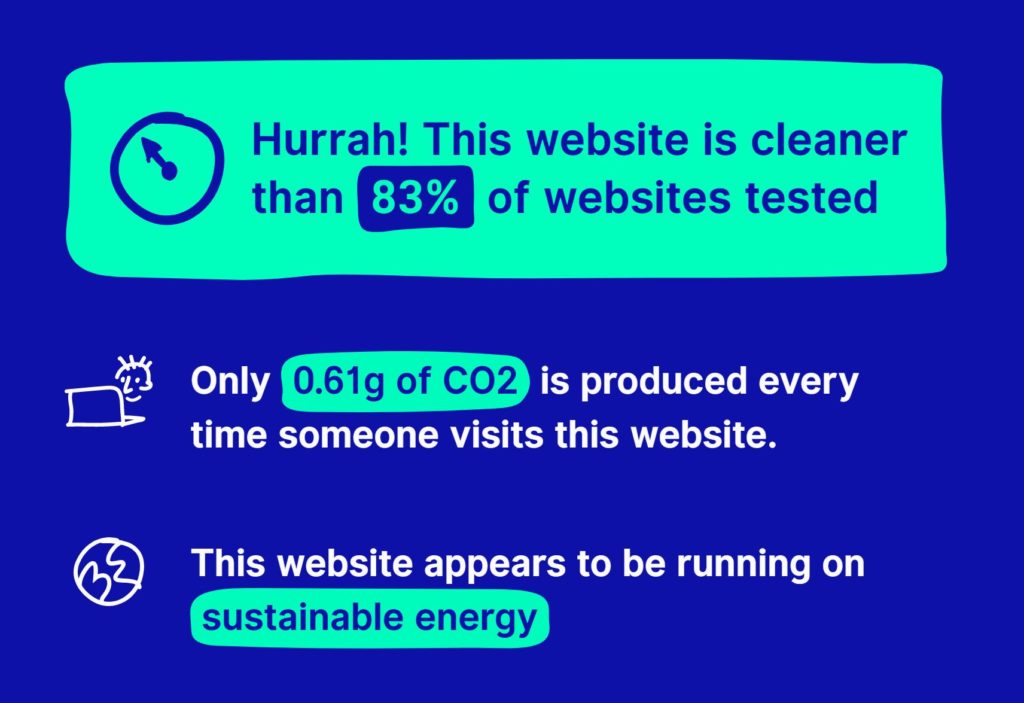
The website carbon calculator has a new look, and new data!
|
Just over a year ago, we launched WebsiteCarbon.com, the carbon calculator for websites. It’s really helped to raise awareness of website emissions and stimulate discussion in our industry, and has so far completed over 40K tests. One of its weaknesses was that the data used was a little bit out of date, and we knew that it was likely to be overestimating the emissions by not taking into account that IT infrastructure keeps getting more efficient.
So we’re excited to have just launched v2, which uses newer (and more accurate) data, as well as a much more engaging and fun design. Big thanks to everyone involved in making this happen!
|
|
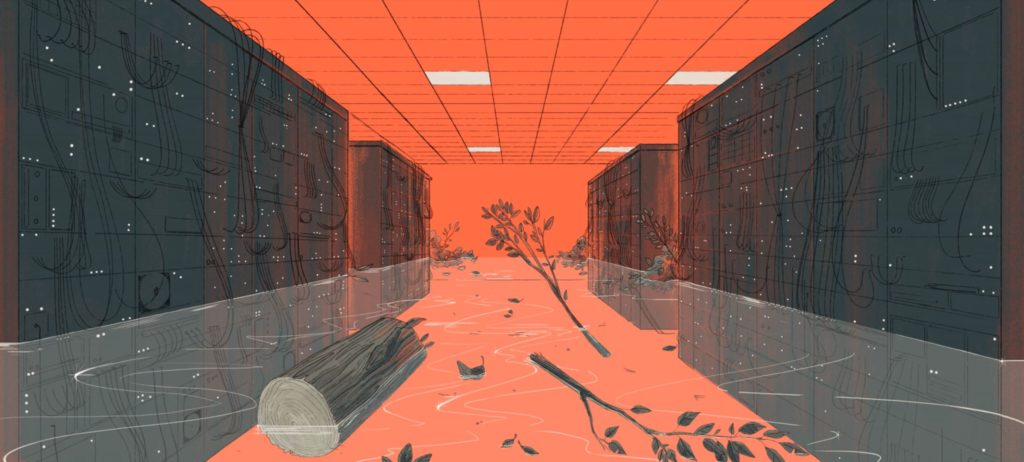
Will climate change kill the internet?
|
Maddie Stone writes about various aspects of the internet and climate change. Firstly, will the planet eventually bite back and impact the internet itself, through rising sea levels flooding infrastructure, wild fires and rising temperatures? The answer seems to be yes, and yet we are apparently not prepared.
It’s something that our industry and society need to be thinking about as we head to a future in which the internet is both a contributor to and a victim of climate change.
|
|
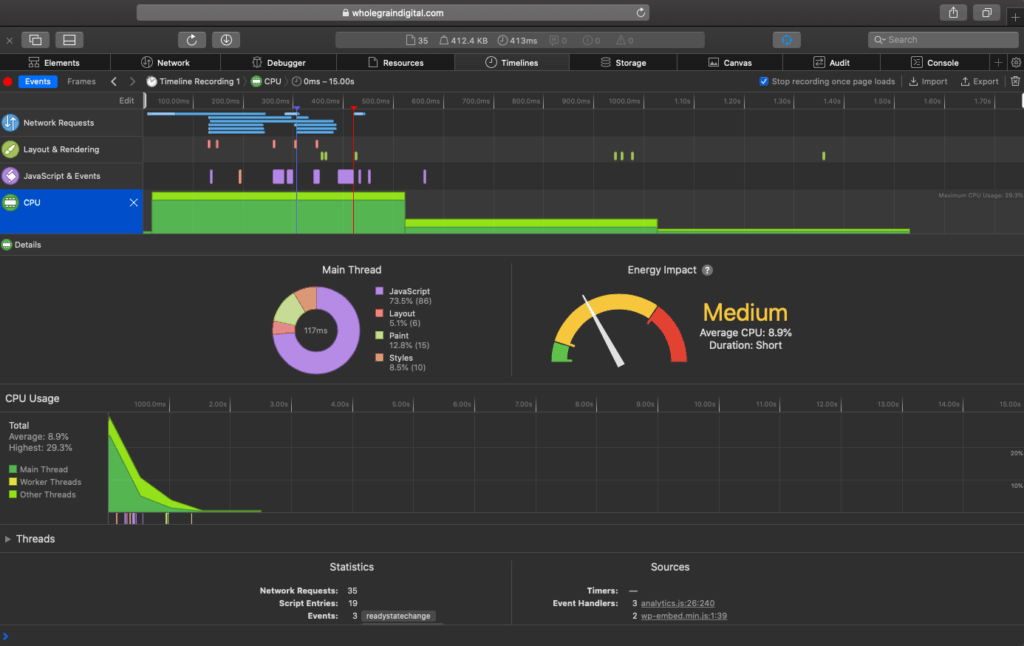
How web content can affect power consumption
|
Our developer Chris Butterworth highlighted this interesting article from Apple’s Webkit developers, Benjamin Poulain and Simon Fraser. They provide an excellent overview of the concepts that impact how much energy a mobile device or laptop uses when browsing the web, and how careful decisions by the creators of a website can significantly reduce the amount of energy consumed.
The article also highlights that Web Inspector inside the Safari browser has an energy impact rating, making it another great tool for testing the sustainability of websites.
Despite the title of the article focusing on content, it is more geared towards developers. However, the top level concepts are worth a read for anyone involved in web production.
|
|
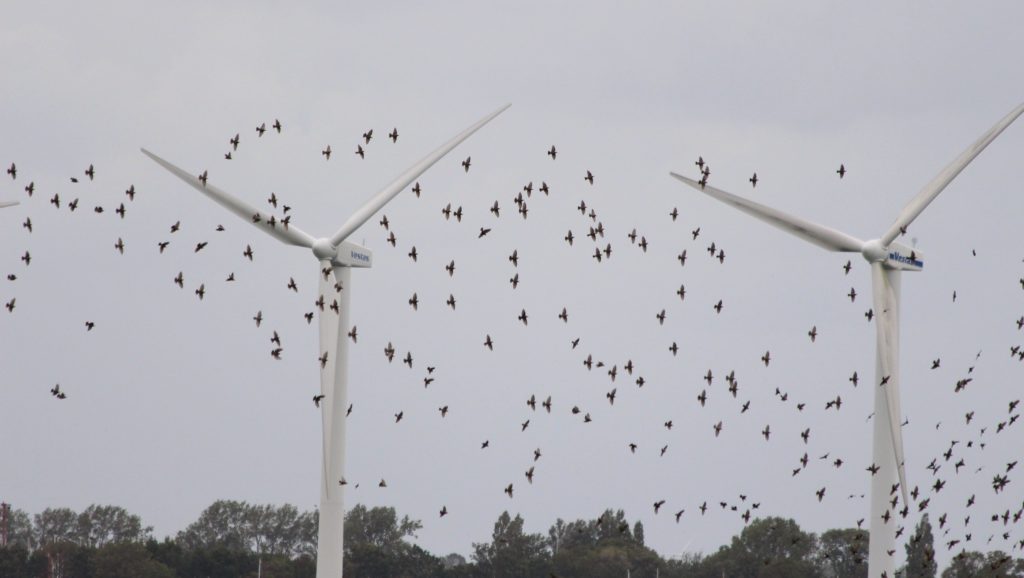
Innovation, Procurement and Sustainability
|
My first graduate job was for a consultancy researching how green procurement in the National Health Service (NHS) could stimulate demand for more eco-friendly products and services, and save money for the NHS. We saw a huge opportunity but, 15 years later, that opportunity is still largely unfulfilled.
As awareness of climate change accelerates and governments begin to make firmer commitments to protect the environment, it follows that the immense buying power of government procurement programmes could be used as a lever to stimulate green industries, including digital.
OpenConcept’s Mike Gifford uses examples from Canada to show us the potential and why it’s now time for governments around the world to pull this lever and help green the digital sector.
|
|
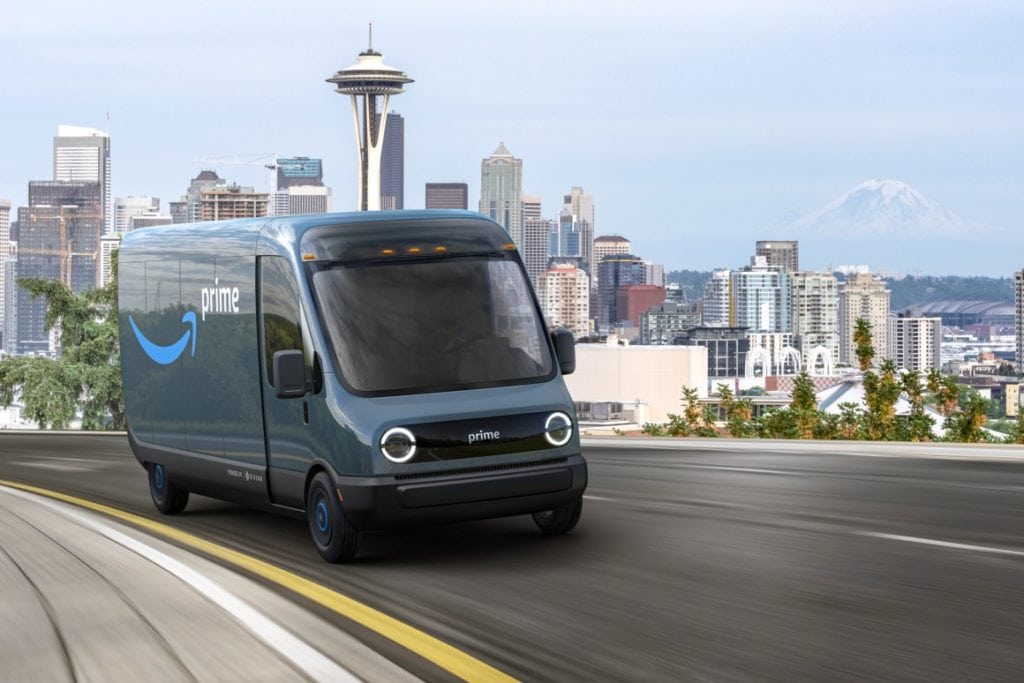
Amazon employees walk out for the climate
|
Jeff Bezos recently announced Amazon’s new sustainability plans with the target of reaching net zero carbon emissions by 2040, and including some exciting initiatives like the purchase of 100,000 electric delivery trucks from Rivian and 100% renewable energy by 2030.
It seems Bezos’ competitive spirit has kicked in:
“We’re done being in the middle of the herd on this issue—we’ve decided to use our size and scale to make a difference”
It’s a step forward for such a huge company that has not always had a great environmental record, but what I find really interesting is that it seems that campaigning from Amazon’s employees contributed to the company setting more ambitious commitments. Earlier this year, Amazon shareholders voted down a resolution to adopt a more ambitious stance on tackling climate change, but employee activists refused to take no for an answer. It shows that even the biggest companies in the world can be influenced by the voices of employees who stand up and demand better.
But the shine wore off quite quickly, as 2 weeks later AWS were Platinum Sponsor at the oil and gas industry conference “Accelerate Production 4.0” focused on how tech can help – you guessed it – accelerate production!
|
|
|
|
|
Artificial intelligence is just anything that computers can't do yet.
|
Seth Godin (and others)
|
|

Novacene by James Lovelock
|
If I’m honest, I did partly buy this book for the beautiful cover design, but it turned out to be a really good read.
The visionary scientist James Lovelock, who brought the world Gaia Theory, published his new book on his 100th birthday! Novacene looks ahead to the near future where machine intelligence exceeds human intelligence and becomes a significant force in our ecosystems. He states that machine life will need similar climatic conditions to all life on earth in order to survive, leading to the optimistic prediction that a machine hyper-intelligence would work to protect and restore our planets life support systems, regardless of whether it cares about humans. Perhaps we will need an intelligence greater than ours to restore balance to our planet.
|
|
|
|
|
Quick links from our team & friends
|
|
|
|